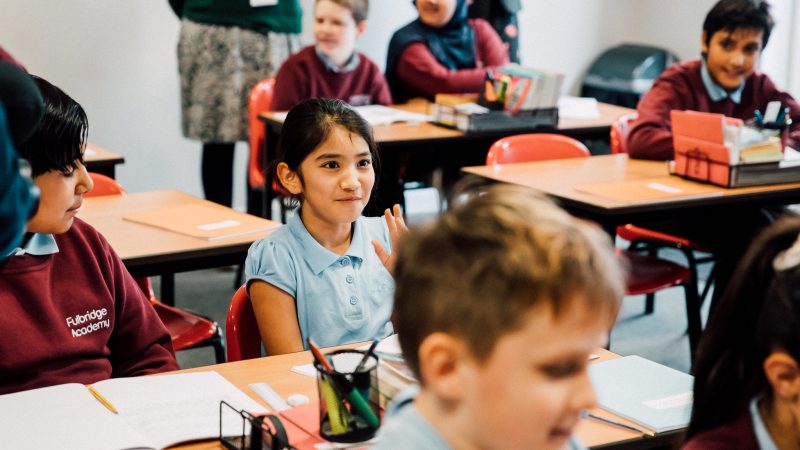
The pragmatic tone adopted by Shadow Secretary of State for Education Bridget Phillipson in her speech and media interviews yesterday spoke carefully to a challenging economic climate and was, again, pretty light on detail.
So while many working in the education sector may hope that some real specifics on not just what Labour plans to do, but how it will do it, will follow shortly, the party will be pleased that the speech – and the four days of media coverage that surrounded it, accompanied by notably friendly interviewing, by and large – landed so well.
Phillipson’s push was comms win for Labour
Because most voters will have heard Labour’s top-line messages and taken away that Labour will get more kids back into school, increase mental health support for children and young people, recruit 6,500 more teachers, improve but not remove Ofsted, provide free breakfast clubs for every primary school, and beef up interventions for speech and language in early years settings.
Whether adding VAT to the fees of independent school parents will provide enough funding to cover these promises is another question.
Phillipson’s well-trailed speech emphasised in particular the significant matter of persistent absence and school attendance, interestingly not a subject that is a huge vote winner (because of course, it’s other people’s children who don’t attend school…) and one that is hard to solve.
But the policy substance is also a step in the right direction
But getting all children back into attending school daily is an urgent matter and hot issue, with more than a fifth of pupils in England “persistently absent” – missing 10% or more school sessions – across the autumn and spring terms of 2022-23. This issue started with the pandemic, and Covid-19 continues to cast a long shadow.
Phillipson also said Labour would introduce both annual checks for attendance – Ofsted’s new head, Sir Martyn Oliver, has already been clear that this is a subject he wants to focus on and has spoken about the broken social contract between schools and parents, something Phillipson mirrored when she referred to the very real need to fix “the broken relationship between schools and families” – and a national register of children not in school, something the government has also said it will do, but has not yet brought in.
Labour is right not to let parents off the hook
Phillipson was also right not to give parents a pass on this subject, saying they also have a responsibility to ensure their children attend school. Support for those families struggling to get their children to school by providing evidence-based parenting programmes would be a welcome addition to Labour’s policy platform.
The speech was welcomed by Sir Kevan Collins, the government’s former catch-up tsar, who pointedly spoke at the speech. Collins highlighted that at age five, children on free school meals are already four months behind their peers.
This gap rises to ten months by the end of primary school and a full 18 months by the end of secondary school. This gap will only broaden if children aren’t actually in school, leaving young people at risk of what Mr Collins dubbed “education long Covid”.
Discipline and caution pay dividends
There was one surprise – praise for Michael Gove for his “sense of drive and energy” when he was Education Secretary, and for his “determination about education being central to national life”, with Phillipson repeating the Gove-Gibb mantra of “high standards”. All of this was, naturally, swiftly followed by her comments that those days are “now a distant past”.
Overall, the speech and strategy reflected that of the Labour Party as a whole – be disciplined, give clear positive-sounding messages, play safe, avoid specificity.
With an outcome of largely positive media coverage, which over-shadowed the government’s own announcement on attendance, and a generally good response from the sector – and at 20-plus points up in the polls – Phillipson and her team, and the Labour leadership, will be delighted that their safety-first approach continues to pay dividends.




More from LabourList
Government announce SEND reform in schools white paper
SPONSORED: ‘Industrial hemp and the challenge of turning Labour’s priorities into practice’
‘A day is a long time in politics, so we need ‘action this day’’